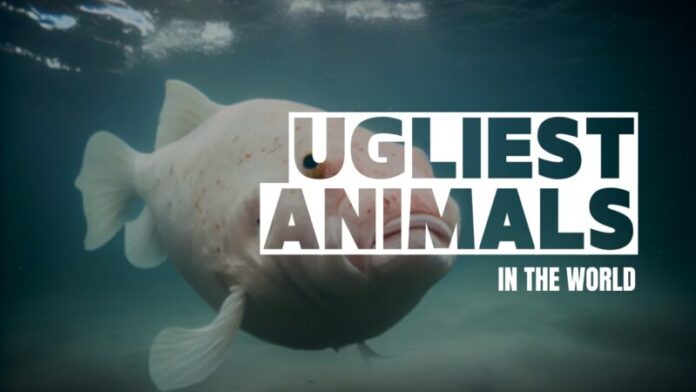Have you ever wondered which animals can be considered the ugliest animals in the world? While beauty is subjective, nature is abundant in diverse creatures that often challenge our perception of aesthetics. While some creatures captivate us with their stunning colors and graceful movements, others may leave us feeling slightly unsettled or downright repulsed.
In this article, we will explore the realm of so-called “ugly” animals and delve into 20 of the most unusual and peculiar creatures that might be considered the ugliest in the world.
1. Blobfish:
Often regarded as the poster child for ugly animals, the blobfish is a deep-sea dweller found off the coasts of Australia and Tasmania. Its gelatinous body, drooping features, and lack of muscles combine to give it a rather unappealing appearance.
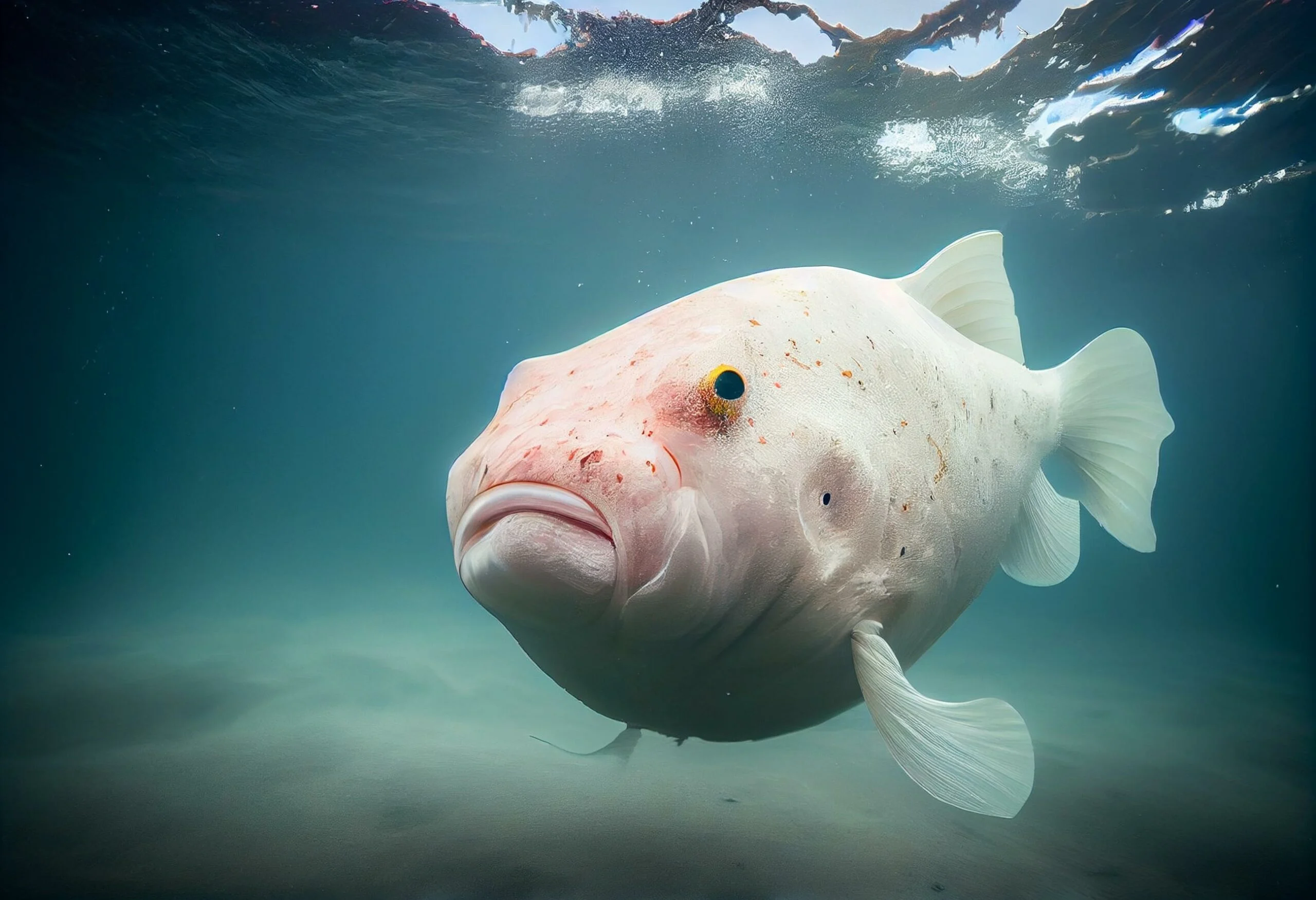
2. Naked Mole Rat:
Living in underground colonies in the deserts of East Africa, naked mole rats are hairless rodents with wrinkled skin and oversized buckteeth that protrude from their mouths. While their appearance may not be for everyone, they possess fascinating adaptability and unique social behavior.
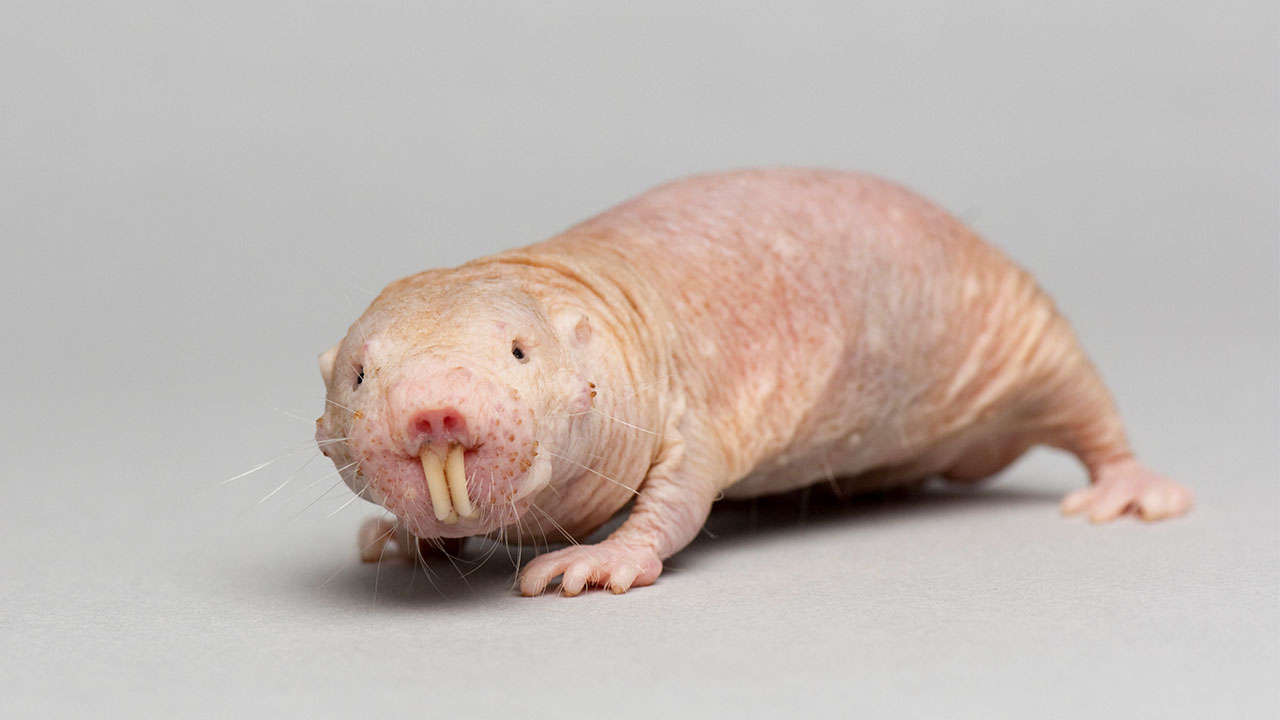
3. Proboscis Monkey:
The proboscis monkey, residing in the rainforests of Borneo, stands out with its long, bulbous nose, fleshy moustache, and potbelly. While its looks may seem unusual, its elongated nose serves important functions in communication and attracting mates.
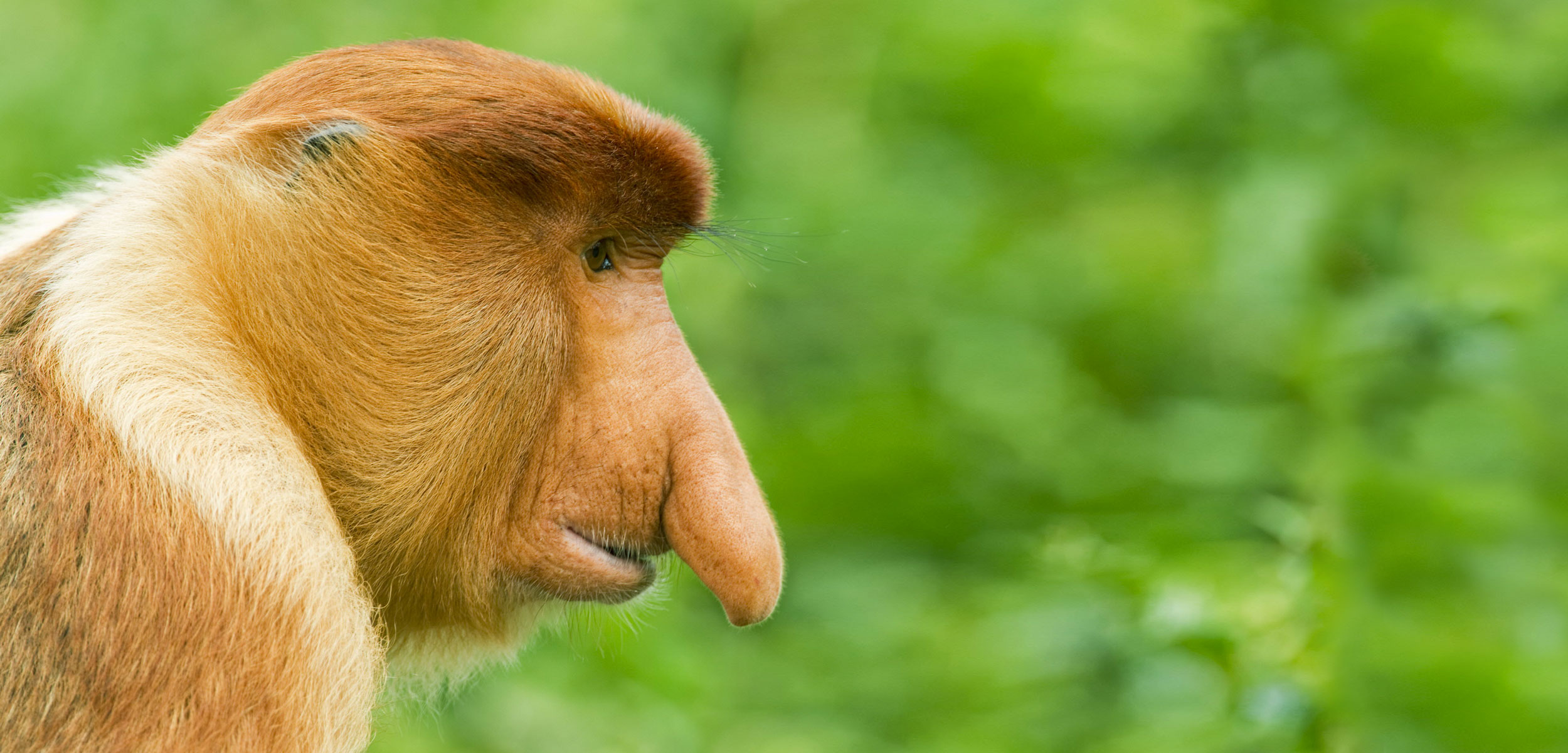
4. Axolotl:
Native to Mexico, the axolotl is a peculiar salamander that retains its juvenile characteristics throughout its life. With its external gills, beady black eyes, and perpetual smile-like mouth, this creature might not fit traditional beauty standards, but it has captivated scientists for its unique regenerative abilities.
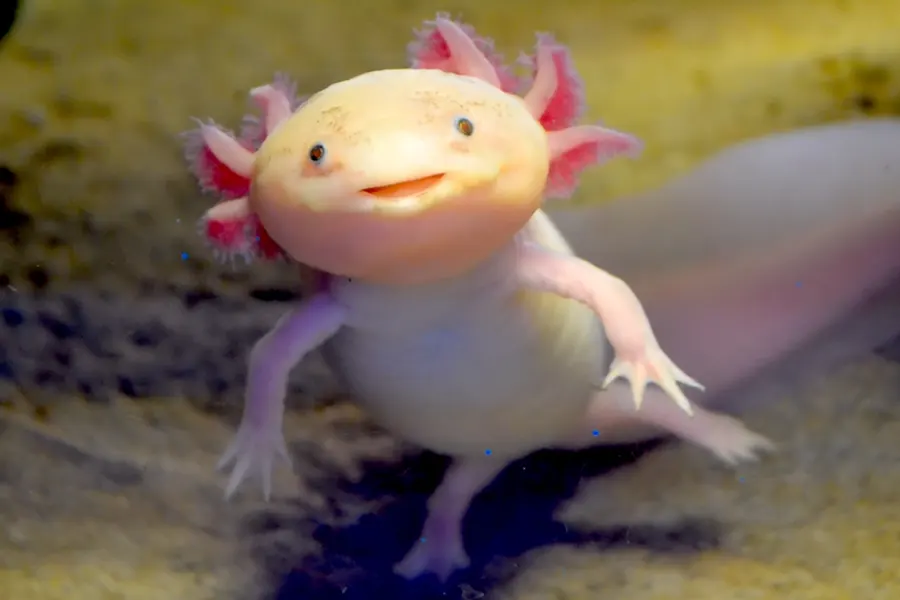
5. Anglerfish:
Deep-sea denizens, anglerfish possess a distinctive, somewhat terrifying appearance. These creatures have a large head with sharp teeth and a bioluminescent lure hanging in front of their mouth. Despite their appearance, anglerfish showcase fascinating adaptations for attracting prey.
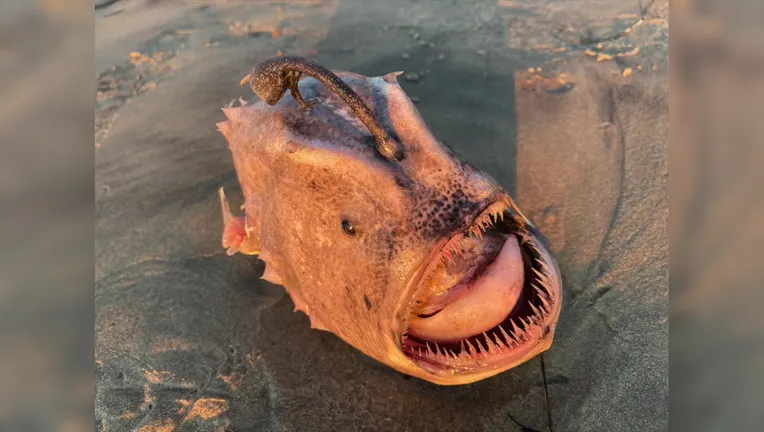
6. Saiga Antelope:
The saiga antelope, native to parts of Central Asia, sports a saggy, elongated nose that resembles a trunk-like appendage. While its nose may diminish its cute factor, it plays a crucial role in filtering out dust and cooling the animal’s blood during the scorching summers.
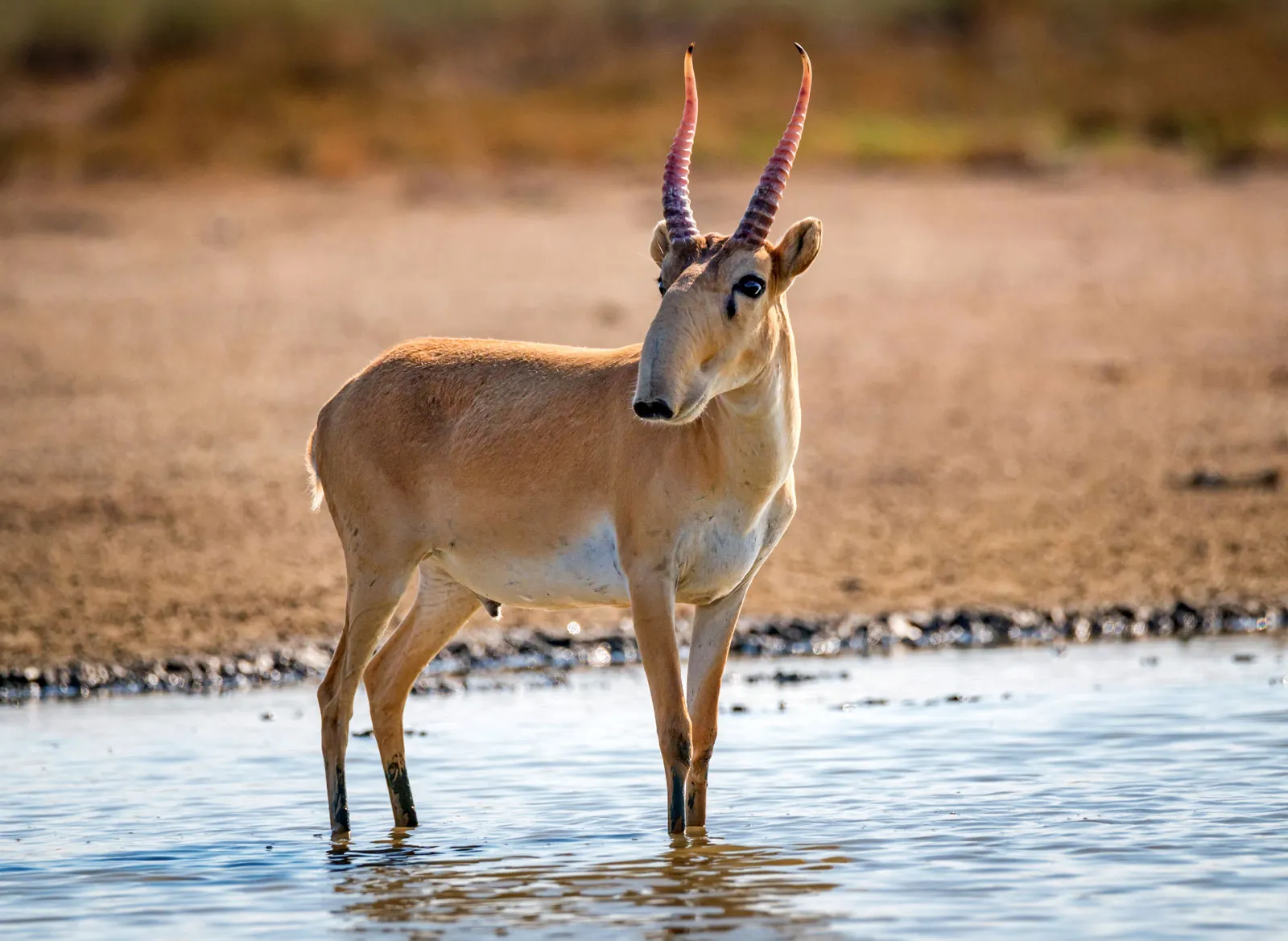
7. Aye-Aye:
Found in Madagascar, the aye-aye is a nocturnal primate often regarded as strange or even creepy. Its slender skeletal structure, large eyes, prominent ears, and elongated middle finger contribute to its unique and somewhat unsettling appearance. However, it plays an important role in its ecosystem by foraging for grubs and insects.
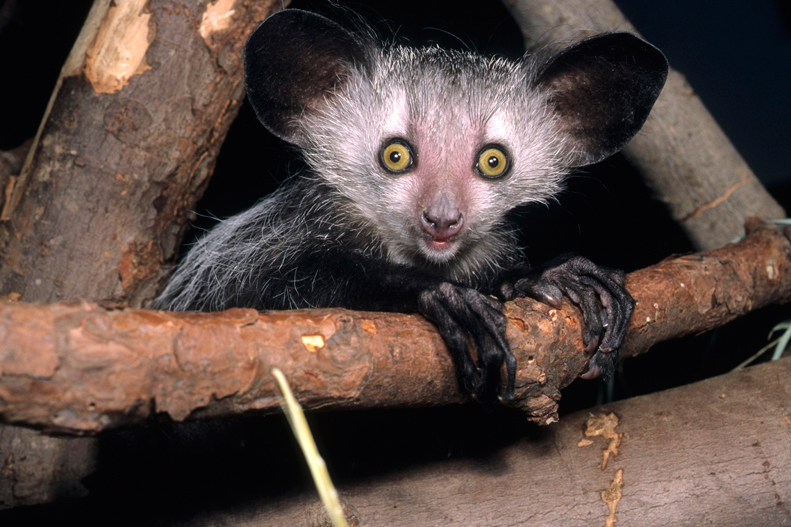
8. Star-Nosed Mole:
Living in North America, the star-nosed mole possesses a distinctive pink snout with 22 fleshy tentacles. Although it may not win any beauty contests, it aids the mole in detecting its prey with incredible speed and efficiency.
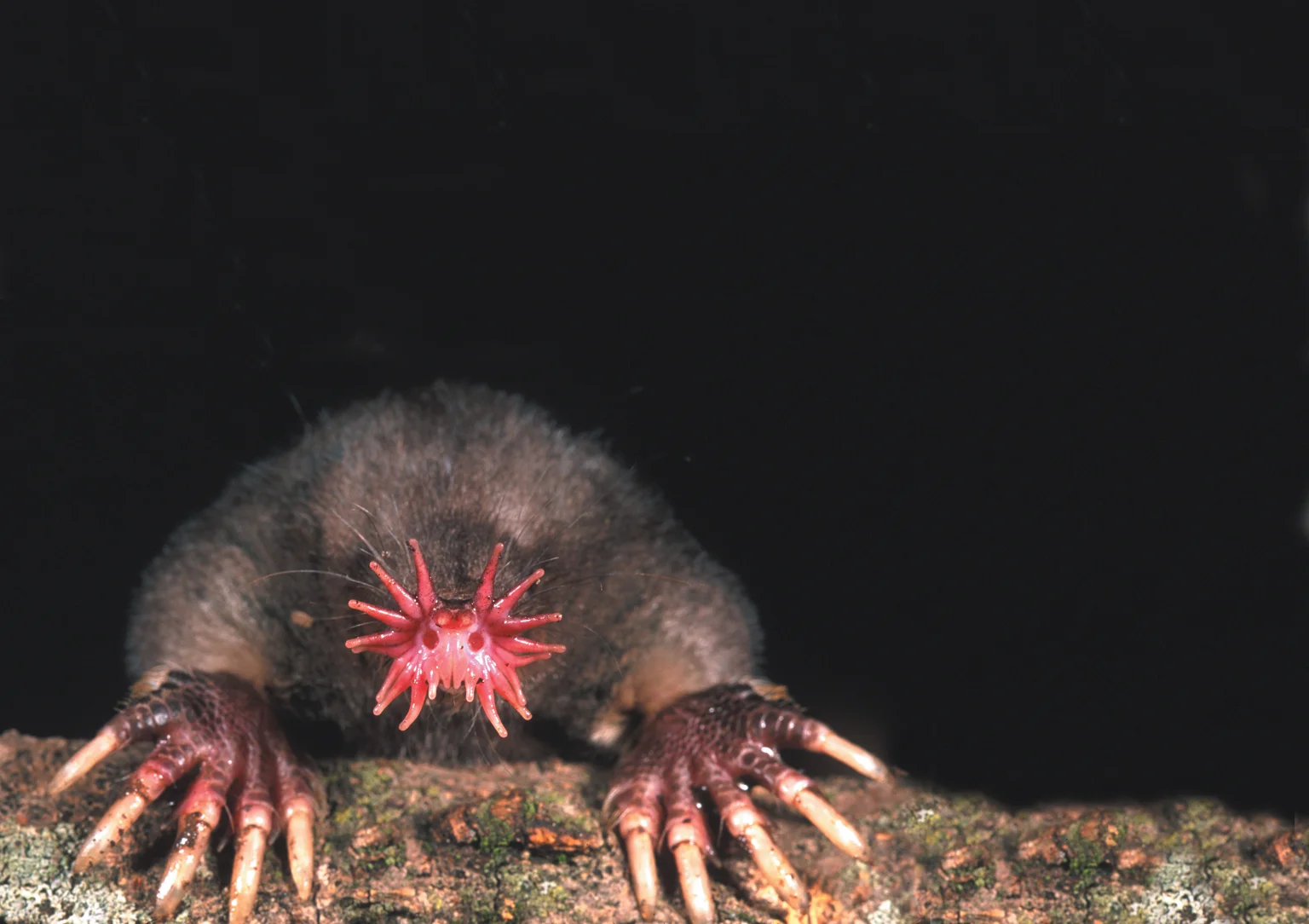
9. Hagfish:
Known for their slimy appearance and strange behavior, hagfish have elongated bodies and a unique ability to produce copious amounts of slime when threatened. Their appearance may not be aesthetically pleasing, but they play an essential ecological role as scavengers.
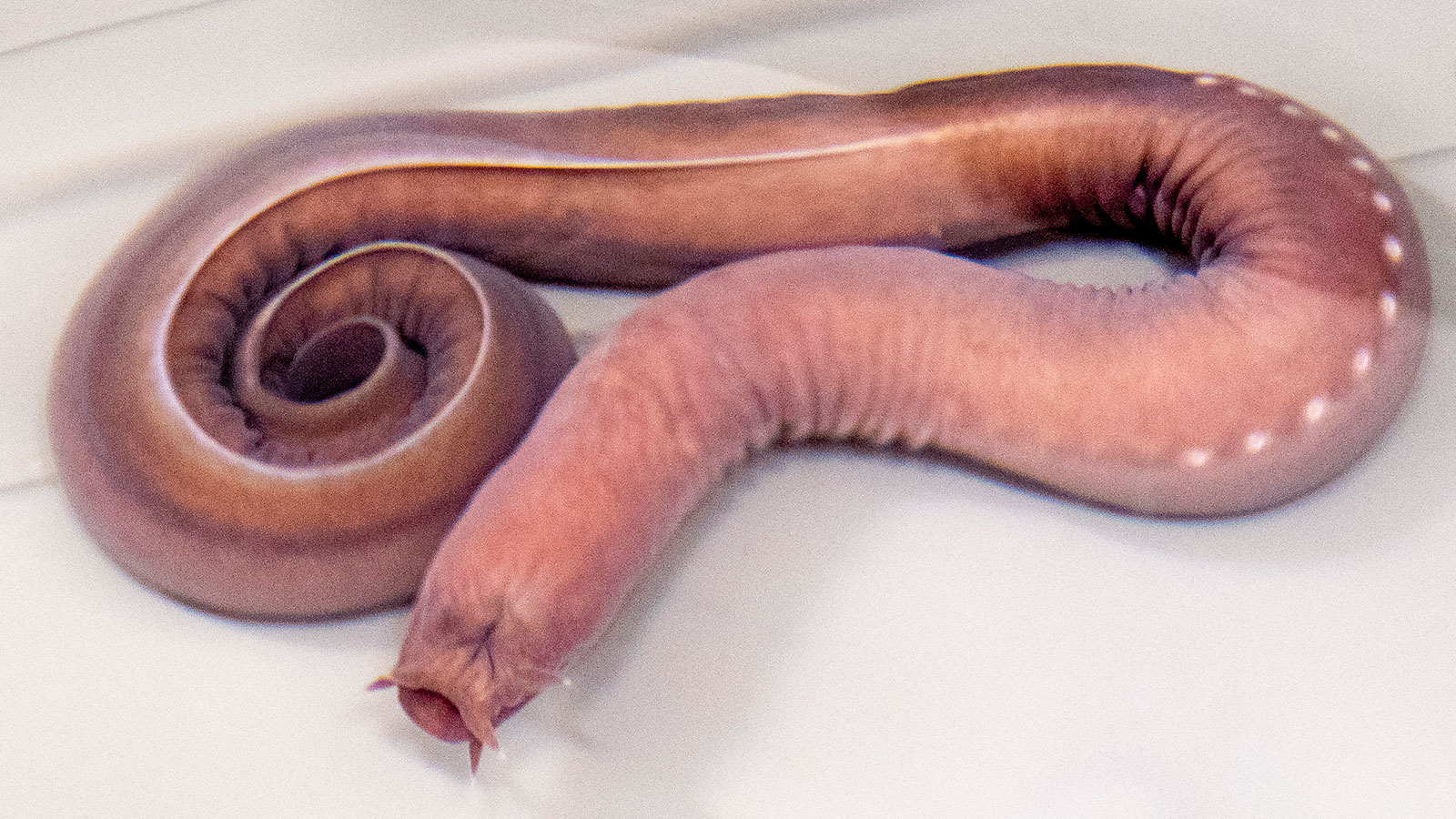
10. Marabou Stork:
Standing tall with a hunchback appearance, the Marabou stork possesses bald patches on its head and neck, as well as a sharp beak designed for scavenging. Despite its rather unsightly appearance, it fulfills an important role as nature’s clean-up crew.
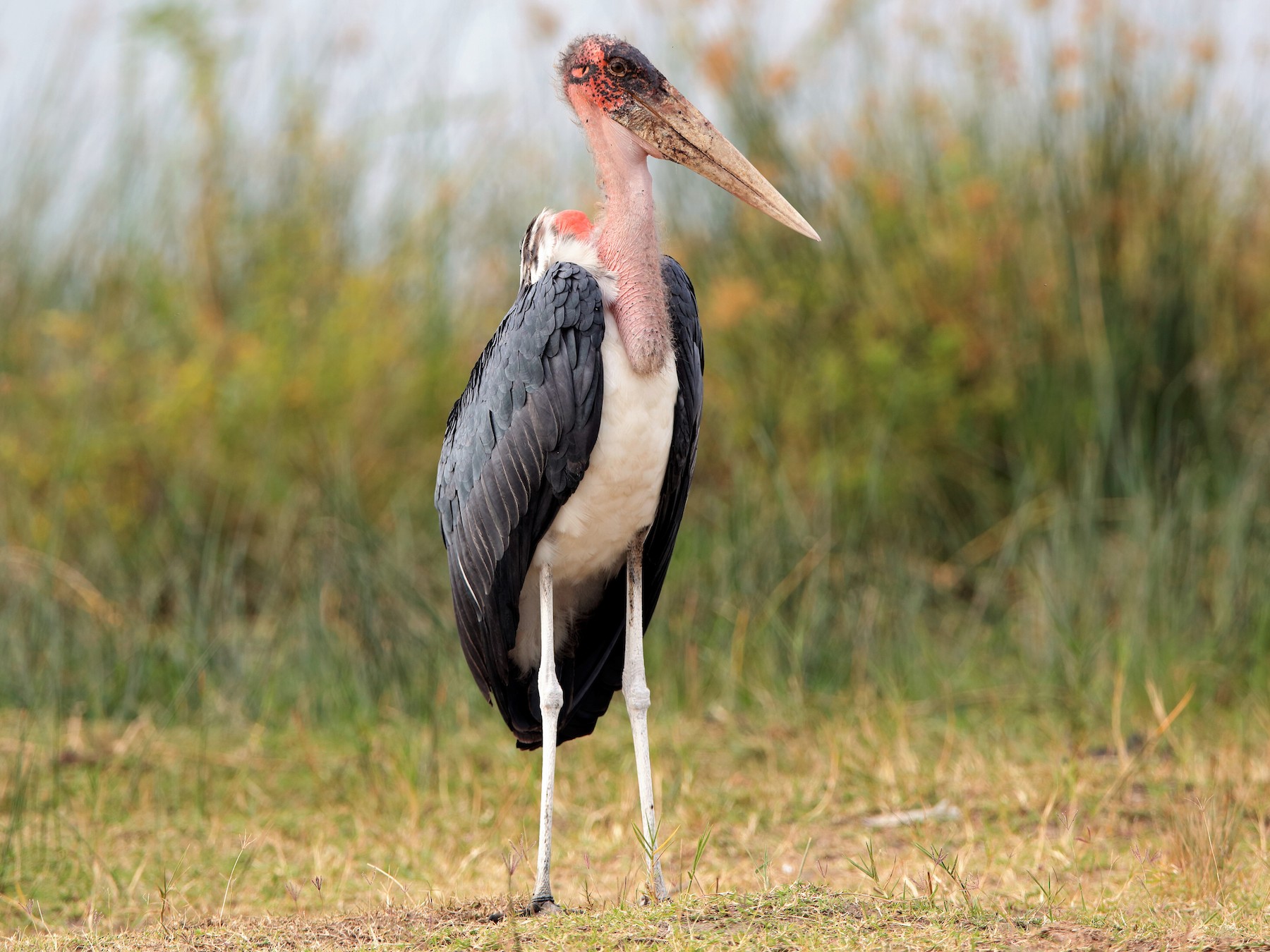
11. Naked Mole Cricket:
Similar to naked mole rats but belonging to the world of insects, the naked mole cricket possesses an odd combination of traits with its naked, mole-like appearance and cricket-like hind legs. These insects may not catch many eyes for their beauty, but their tunnelling activities play an essential role in soil aeration.
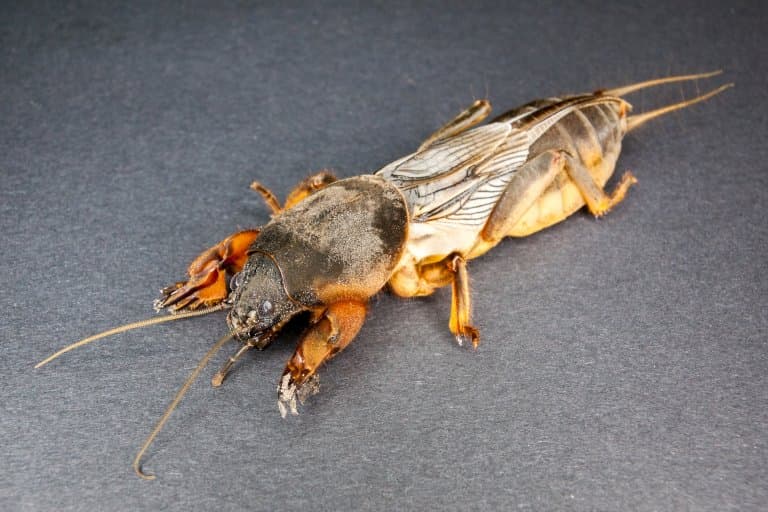
12. Giant Isopod:
Deep-sea dwellers, giant isopods have armored exoskeletons and a generally unattractive look. Resembling gigantic, alien pill bugs, they scavenge on the ocean floor, showcasing nature’s diversity.
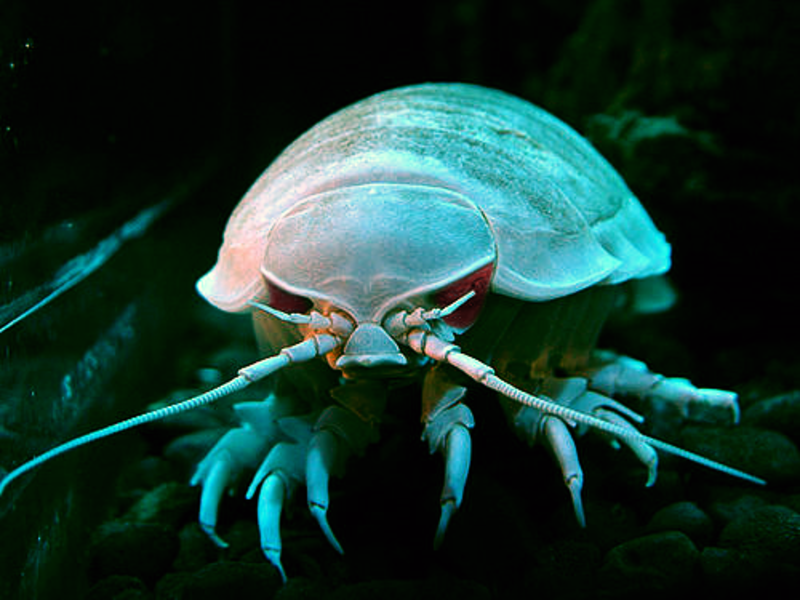
13. Turkey Vulture:
While vultures may not top any list of attractive animals, the turkey vulture, with its bald head and wrinkled appearance, is certainly not known for its visual appeal. However, its role in cleaning up carrion and recycling nutrients in the ecosystem is vital.
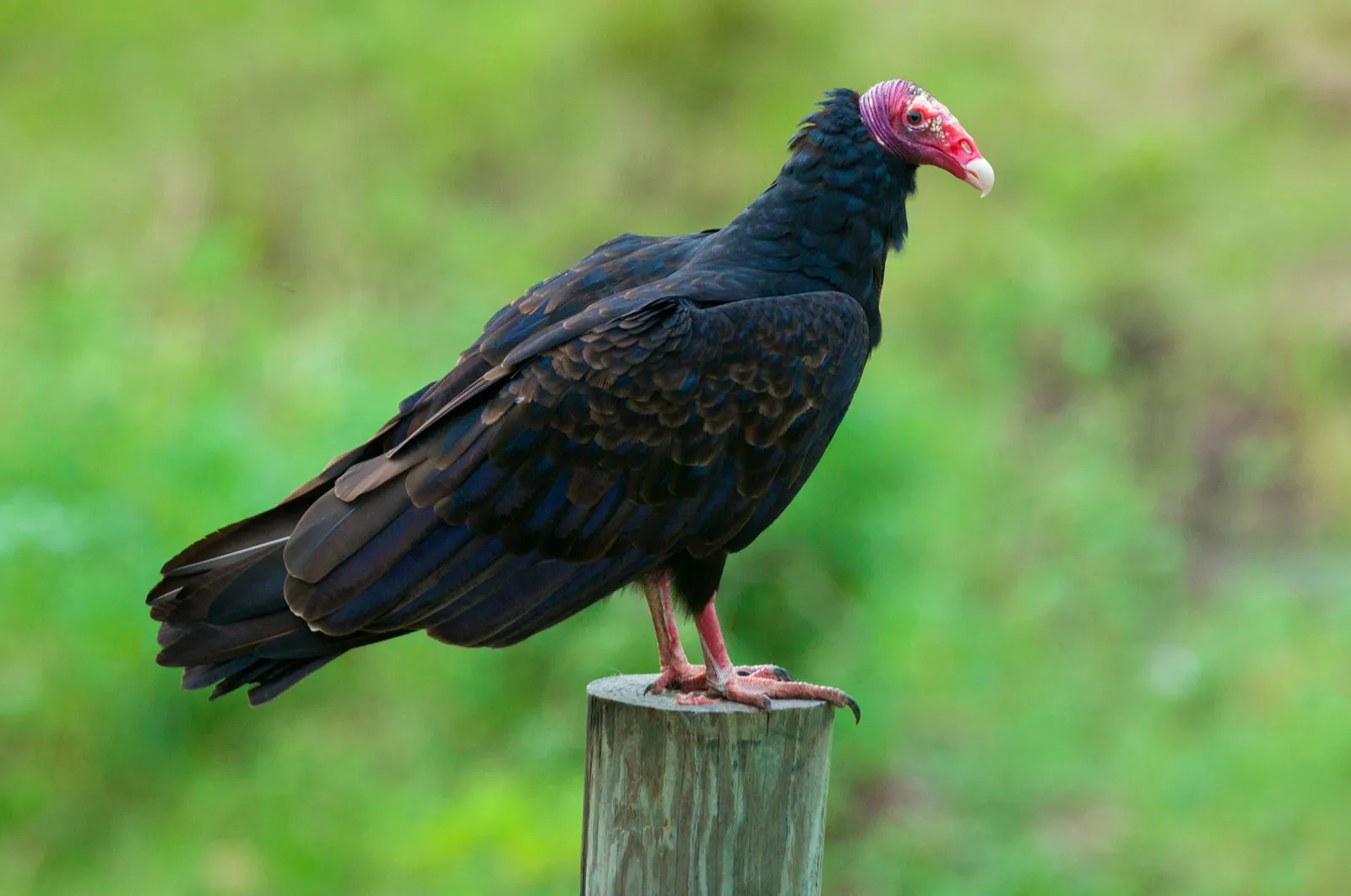
14. Horseshoe Bat:
Sporting a horseshoe-shaped nose, these bats have a distinct and somewhat strange look. Despite their unusual appearance, horseshoe bats provide essential ecosystem services by pollinating plants and controlling insect populations.
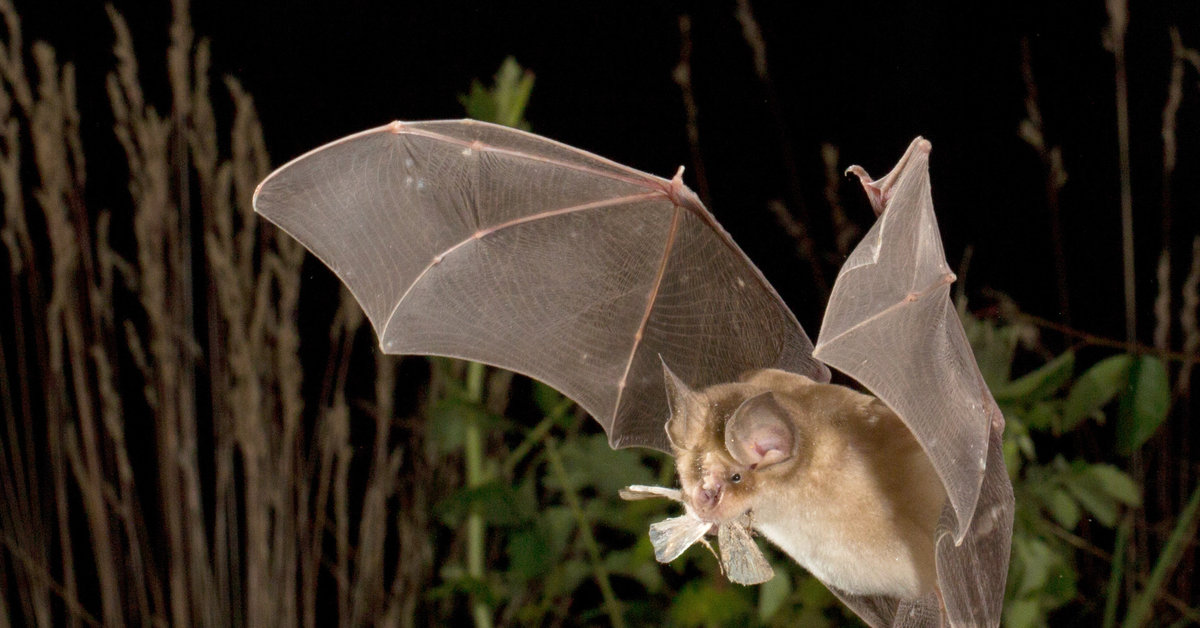
15. Scorpionfish:
Invisible to the untrained eye due to their perfect camouflage, the scorpionfish possesses venomous spines, a grouchy expression, and an overall bristly appearance. Its deceptive looks serve as a means of defense against predators.
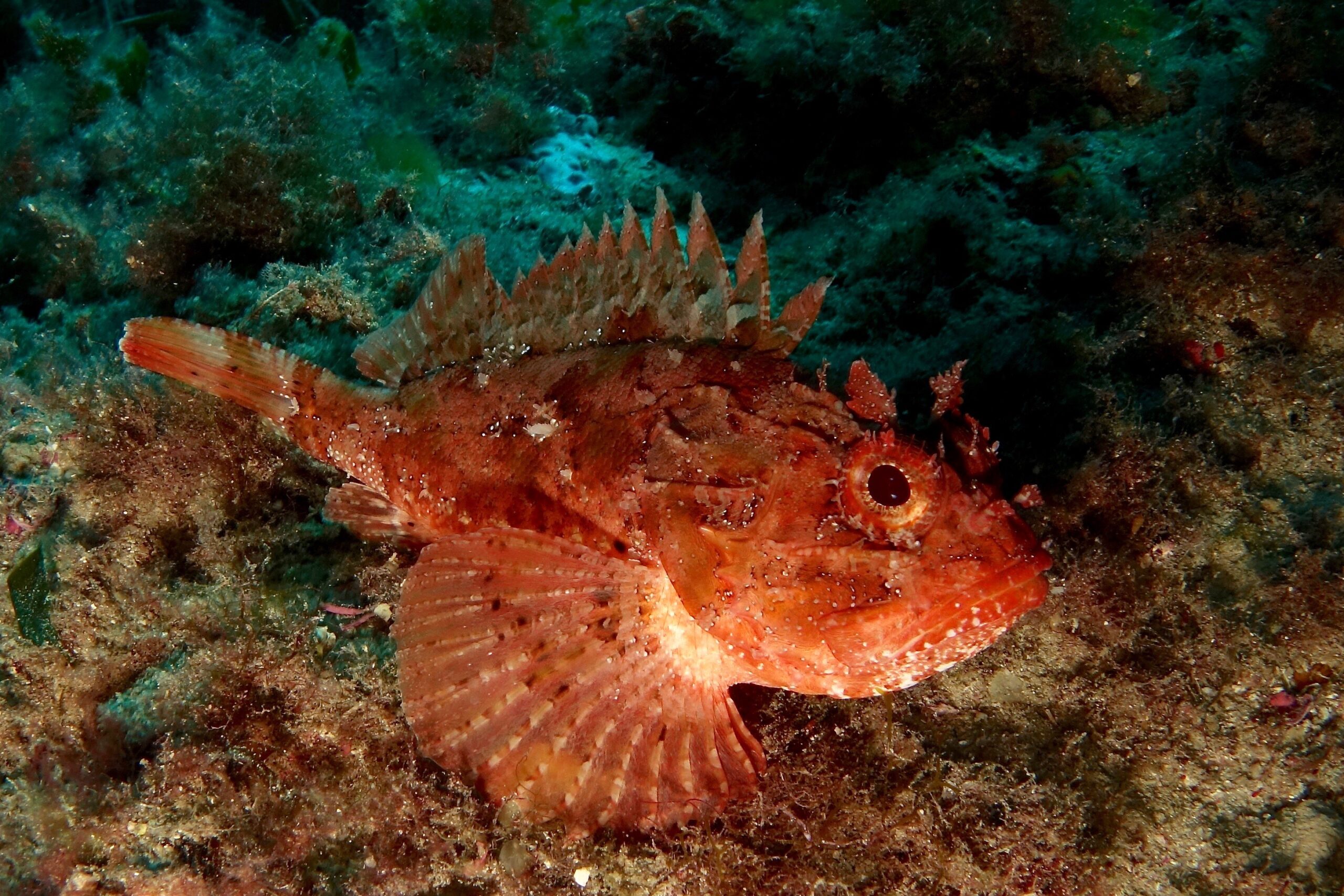
16. Naked Neck Chicken:
As their name suggests, naked neck chickens have a distinct lack of feathers on their necks, creating an odd and somewhat unsightly appearance. Despite their unconventional looks, this breed of chicken has qualities desired by some farmers, such as resistance to heat and disease.
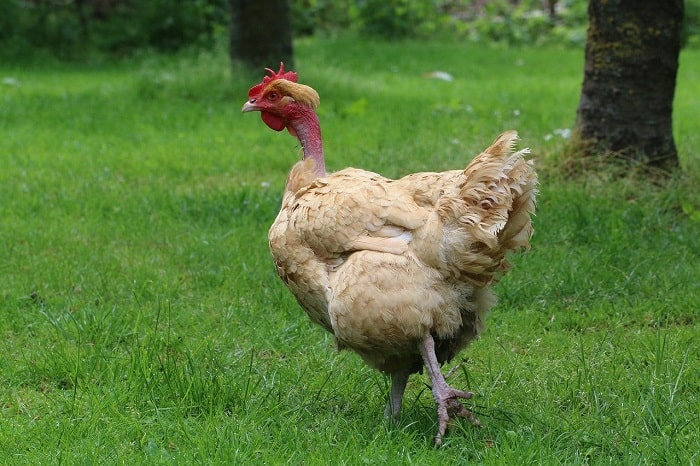
17. Chinese Crested Dog:
Deliberately bred for their unusual appearance, the Chinese Crested dog has a nearly hairless body, except for a crest of fur on its head, paws, and tail. While some may find their appearance endearing, others may consider them odd-looking.
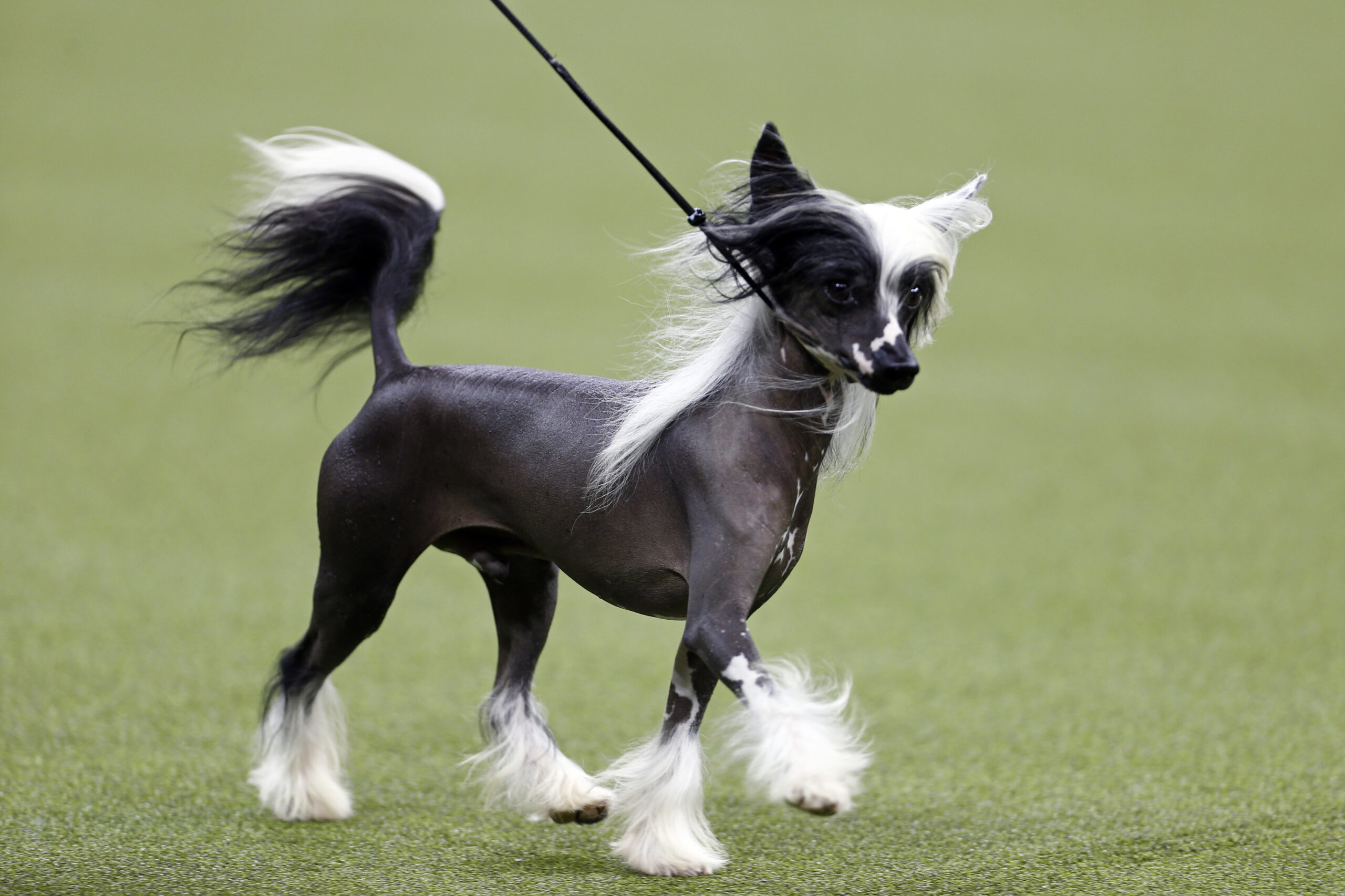
18. Red-Lipped Batfish:
These peculiar-looking fish are inhabitants of the Galapagos Islands and boast vibrant red lips and a flattened face. With its propensity for “walking” on its pectoral fins, the red-lipped batfish is undoubtedly an unusual sight.
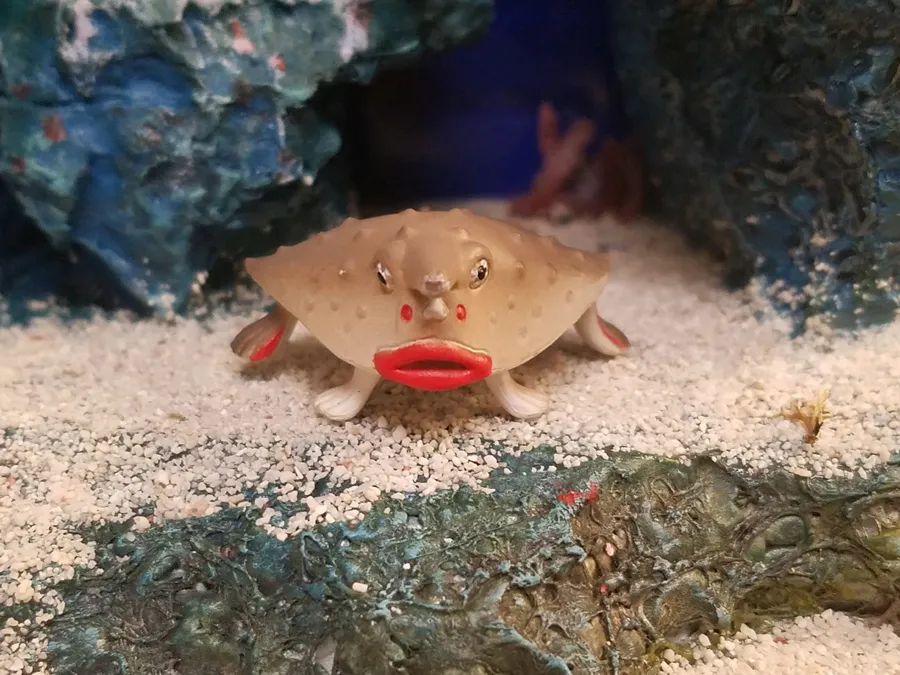
19. Vulture Culture Caterpillar:
Many caterpillars are admired for their colorful patterns and intricate camouflage, but the vulture culture caterpillar breaks the mold with its unusual appearance. Sporting hairs that resemble tiny skeletons, this bizarre caterpillar certainly stands out.
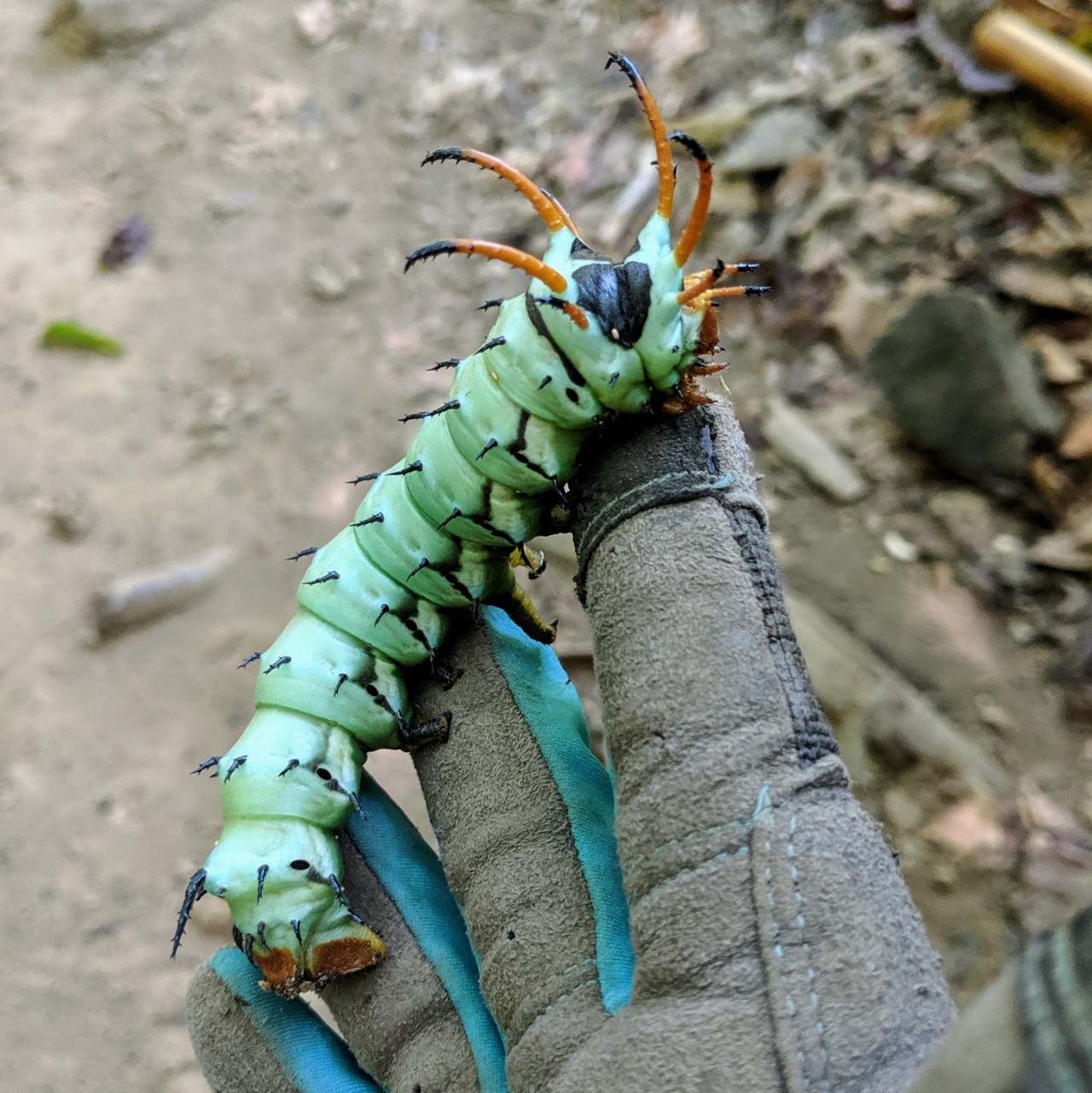
20. Surinam Toad:
With a flattened body and a collection of bumpy, warty skin, the Surinam toad is far from conventionally attractive. Its appearance may raise a few eyebrows, but its unique reproductive strategy of eggs embedded in the female’s back earns it a place on this list.
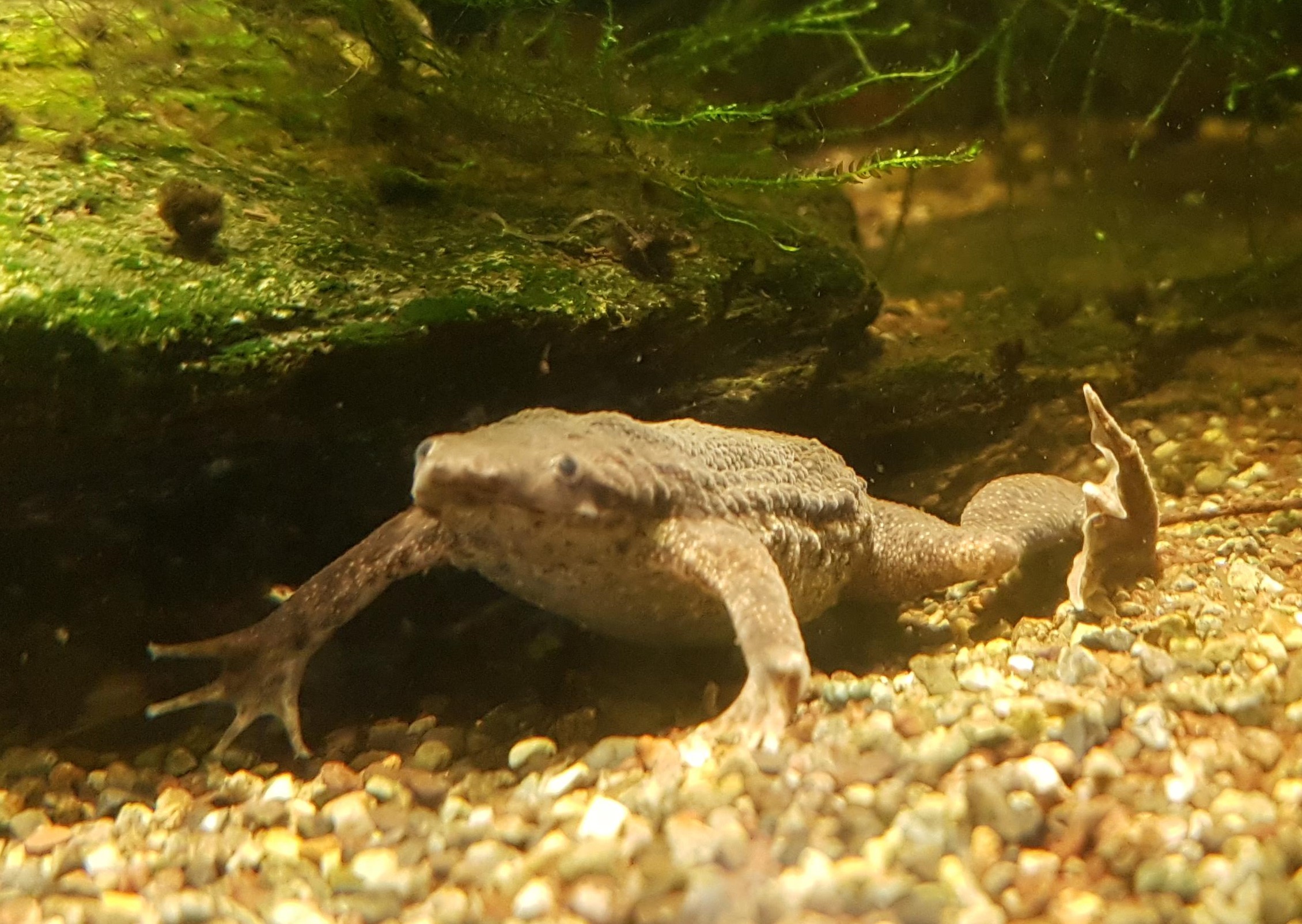
Conclusion
Beauty exists in countless forms, even within the animal kingdom. These 20 animals may be regarded by some as the ugliest in the world, but their appearances should not discredit their incredible adaptations and contributions to their respective ecosystems. Nature’s diversity is a marvel, and appreciating it allows us to glimpse the intricate beauty hidden in unconventional forms.

